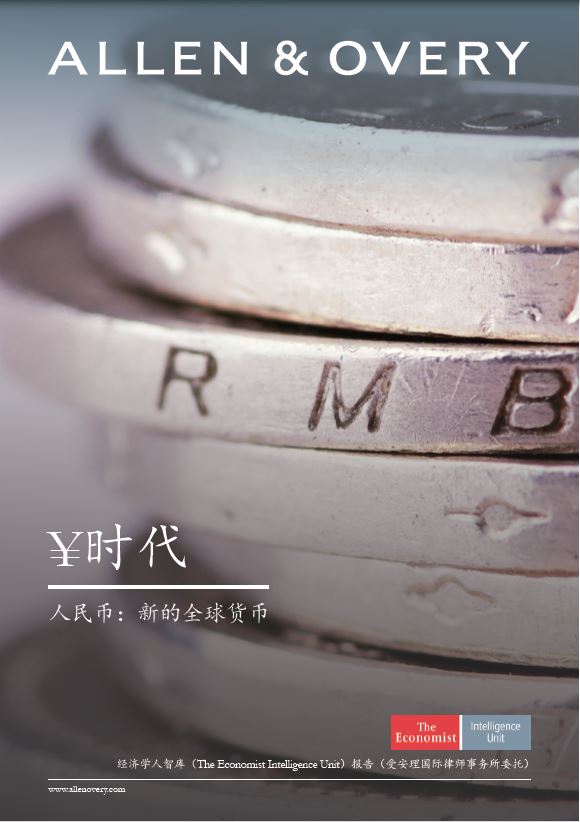The GCC-LAC agricultural trading relationship has thus far been dominated by the GCC’s reliance on food imports, specifically meat, sugar, and cereals. Over the past two years, however, there has been a notable decline in the share of sugar imported from LAC, and 2017 saw the biggest importers in the GCC—Saudi Arabia and the UAE—impose a ban on Brazilian meat.
Market players on both sides of the aisle are keen to grow the relationship further, but there are hurdles to overcome. In this report, we explore in greater depth the challenges that agricultural exporters and importers in LAC and the GCC face. We consider both tariff and non-tariff barriers and assess key facets of the trading relationship including transport links, customs and certification, market information, and trade finance.
Key findings of the report:
GCC will need to continue to build partnerships to ensure a secure supply of food. Concerns over food security have meant that the GCC countries are exploring ways to produce more food locally. However, given the region’s climate and geology, food imports will remain an important component of the food supply. Strengthening partnerships with key partners such as those in LAC, from which it sourced 9% of its total agricultural imports in 2016, will be vital to food security in the region.
There is a wider range of products that the LAC countries can offer the GCC beyond meat, sugar and cereals. Providing more direct air links and driving efficiencies in shipping can reduce the time and cost of transporting food products. This will, in turn, create opportunities for LAC exporters to supply agricultural goods with a shorter shelf life or those that are currently too expensive to transport. Exporters cite examples such as berries and avocados.
The GCC can engage small and medium-sized producers that dominate the LAC agricultural sector by offering better trade financing options and connectivity. More direct air and sea links can reduce the cost of transporting food products, making it viable for smaller players to participate in agricultural trade. The existing trade financing options make it prohibitive for small and medium-sized players too. Exporters in LAC suggest that local governments and private companies in the GCC can offer distribution services with immediate payments to smaller suppliers at a discount.
Blockchain technology is poised to address key challenges market players face in agricultural trade. Through a combination of smart contracts and data captured through devices, blockchain technology can help to reduce paperwork, processing times and human error in import and export processes. It can improve transparency, as stakeholders can receive information on the state of goods and status of shipments in real time. Finally, it can help with food safety and quality management—monitoring humidity and temperature, for instance, along the supply chain can help to pinpoint batches that may be contaminated, minimising the need for a blanket ban on a product.








